
Product
Overview: Mabtas is a medication that contains the active ingredient Rituximab. It is classified as a monoclonal antibody and is widely used in the treatment of various autoimmune diseases and certain types of cancer. Rituximab works by targeting specific cells in the body, particularly B cells, which play a role in certain diseases.
Active Ingredient:
- Rituximab: Mabtas contains Rituximab, a monoclonal antibody that specifically targets CD20, a protein found on the surface of B cells.
Indications: Mabtas (Rituximab) is indicated for several medical conditions, including:
- Non-Hodgkin Lymphoma (NHL): Rituximab is used in combination with chemotherapy for the treatment of certain types of non-Hodgkin lymphomas.
- Chronic Lymphocytic Leukemia (CLL): It is used in combination with chemotherapy for the treatment of chronic lymphocytic leukemia.
- Rheumatoid Arthritis (RA): Rituximab is used in combination with methotrexate for the treatment of moderate to severe rheumatoid arthritis in adults.
- Granulomatosis with Polyangiitis (GPA) and Microscopic Polyangiitis (MPA): Rituximab is used for the treatment of these vasculitis conditions.
- Pemphigus Vulgaris: It is used for the treatment of moderate to severe pemphigus vulgaris.
Mechanism of Action: Rituximab targets and binds to the CD20 protein on the surface of B cells. This binding triggers the body’s immune system to destroy the B cells. In diseases where B cells play a pathological role, such as certain cancers and autoimmune disorders, the reduction of B cells can help alleviate symptoms and slow disease progression.
Dosage and Administration: The dosage of Mabtas (Rituximab) is determined by the healthcare provider based on the specific medical condition being treated. It is administered intravenously as an infusion, and the rate of infusion is carefully controlled to minimize potential reactions.
Potential Side Effects: Common side effects of Rituximab may include infusion reactions, low blood cell counts, infections, and fatigue. Serious side effects may include severe skin reactions, progressive multifocal leukoencephalopathy (PML), and reactivation of hepatitis B. Patients should be monitored during and after the infusion for potential reactions.
Precautions:
- Infusion Reactions: Infusion reactions can occur during or after the administration of Rituximab. Pre-medications may be given to minimize these reactions.
- Infections: Rituximab can increase the risk of infections, and patients should be monitored for signs of infection.
- Hepatitis B Screening: Prior to starting Rituximab, screening for hepatitis B is recommended, as reactivation of hepatitis B can occur.
Prescription Requirement: Mabtas (Rituximab) is available only with a prescription and should be administered under the supervision of a qualified healthcare professional.
In conclusion, Mabtas (Rituximab) is a monoclonal antibody with diverse applications in the treatment of lymphomas, leukemia, rheumatoid arthritis, vasculitis, and pemphigus vulgaris. Its mechanism of action involves targeting and depleting B cells, and its use requires careful monitoring for potential side effects and reactions under the guidance of a healthcare provider.

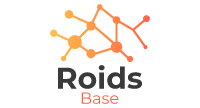

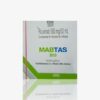


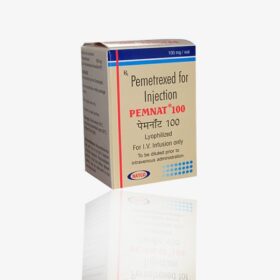

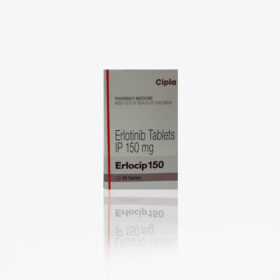
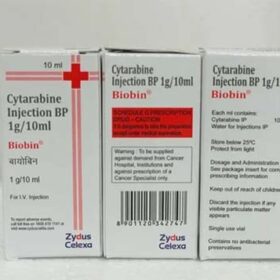
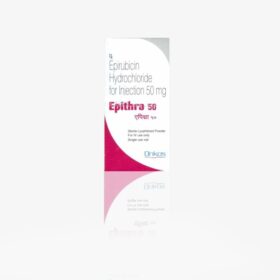
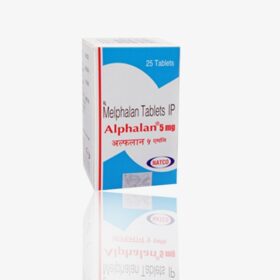
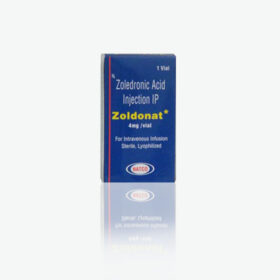



Reviews
There are no reviews yet.